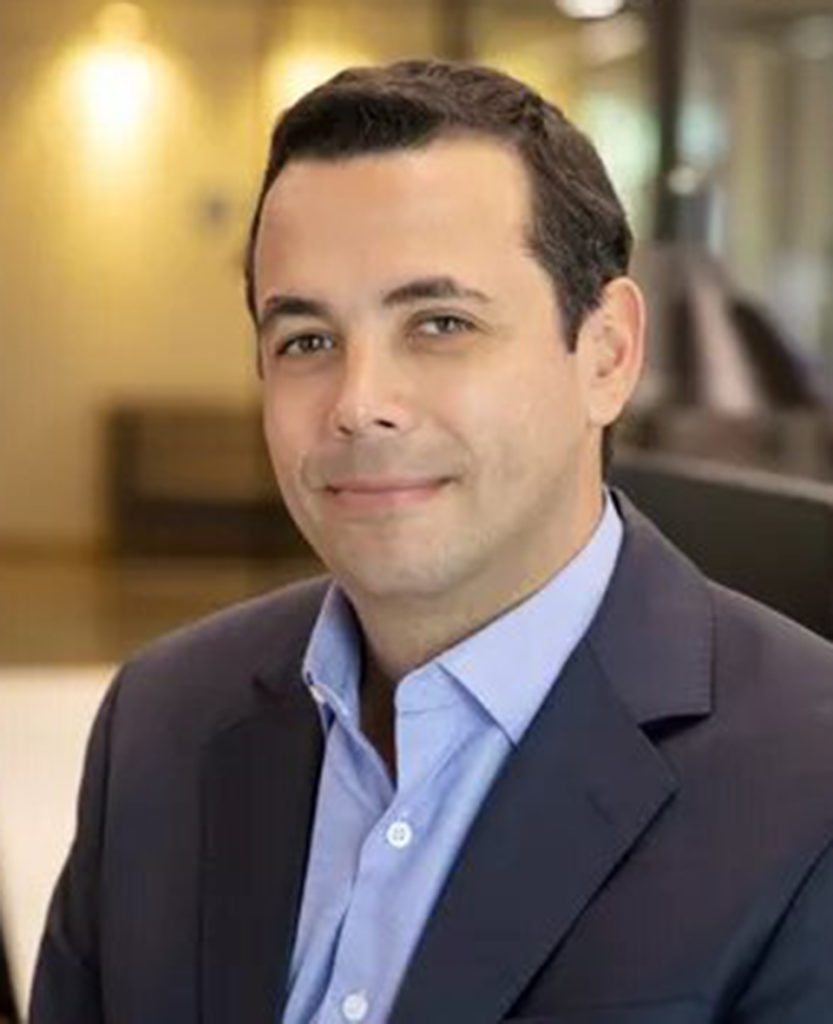The last few months have been defining in the crypto world.
After the FTX crash rocked the market’s foundation — highlighting its fragility in the face of bad players — exchanges, regulatory authorities, and investors began to demand and implement stricter rules and standards to bring more security and transparency to the activities of companies in the ecosystem.
And, following this dynamic, the nations in which cryptocurrencies have the most influence also chose to implement — or at least discuss — the sector’s regulation more seriously.
Brazil was one of the countries that reacted fastest to the crypto community’s complaints. The regulatory changes that have recently taken place in the South American country have been widely celebrated by the market.
Related:
A growing market despite the crisis
For Marcelo Sampaio, Co-founder and CEO of Hashdex — one of Latin America’s largest crypto asset managers, which gained global prominence after launching the world’s first crypto ETF in 2020 on the Bermuda Stock Exchange (BSX) — the movement around regulation demonstrates that the crypto market “has grown a lot in recent years and is now moving towards an unprecedented maturation.”

Sampaio said in an interview with Fintech Nexus that new regulations, rather than hindering the growth of the crypto ecosystem, can catalyze its development as the rules of the game are set by the regulator in a healthy way and in favor of fair competition, which can do a lot to “change the popular perception about crypto.”
“Currently, many people have a negative image of crypto, stemming from a lack of knowledge about this market and the players who move it,” said the CEO of Hashdex. “Cases of mismanagement and fraud, as happened with FTX, only worsen the image of these assets. But there is a way to change this scenario, and we believe it is time we had healthier regulation and greater oversight.”
At the end of the previous year, the Brazilian National Congress gave progress to a landmark crypto regulation — a bill that had been under consideration since 2015.
This new law highlights, among others things, the rules established for Virtual Asset Service Providers or all companies involved in the segment, such as exchanges and asset managers, which will now be regulated and supervised by an Executive Branch body.
The unanimous bet in the market is that the Brazilian Central Bank (BCB) will establish the infra-legal norms.
The Brazilian Central Bank as preferable regulator
For Sampaio, the definition of the BCB as a regulatory body for the crypto market should be very positive.
“In Brazil, the Central Bank has played an essential and proactive role in developing several innovative financial markets and initiatives. From the creation of the PIX instant payment system to the step forward in Open Finance, this institution watches over innovation, and the entire market trusts its management,” he said.
“The role of regulating the crypto market will be very similar to the regulation of payment institutions, which enabled the boom of fintechs in the country we see today. So we can say that Brazil is on a good path.”
With the recent Brazilian presidential elections that returned Luiz Inacio (Lula) Da Silva to power after a troubled past of corruption accusations, some players have started to wonder about the future of the crypto market in Brazil.
But Marcelo Sampaio believes that this market already earned a place in the hearts and pockets of citizens years ago and that in the coming years, the country – and Latin America as a whole – will only see exponential growth in services related to these assets.
“The growth in the number of people interacting with the crypto world is a path of no return. It will occur in Brazil, Colombia, Argentina, and other places in the world,” comments the executive. “I believe that in addition to seeing a positive change that increases the confidence of the big market players, we will also see the retail sector making changes that make the adoption of crypto possible, but without hindering decentralization and privacy,” he concluded.